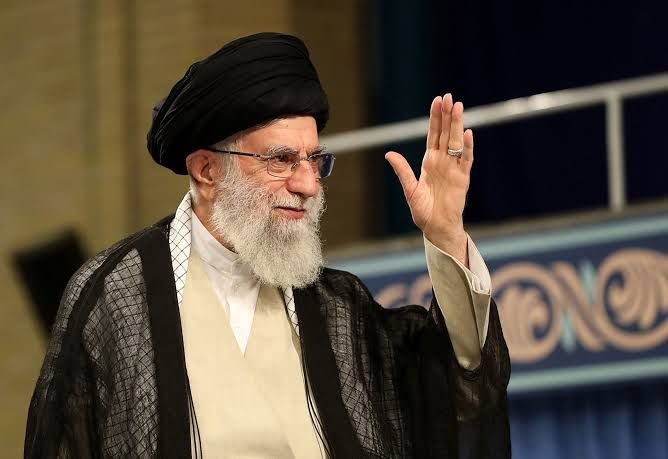Iran’s Supreme Leader Ayatollah Ali Khamenei has rejected the latest U.S. proposal aimed at limiting Tehran’s uranium enrichment activities. Speaking firmly, Khamenei labeled the offer as “100% against our interests,” accusing Washington of arrogance and dismissing the deal as an infringement on Iran’s sovereign rights.
The U.S. had proposed a compromise that would allow Iran to continue enriching uranium at low levels under strict international supervision. In exchange, future enrichment activities would be overseen by a multinational consortium, and the U.S. would support the development of Iran’s civilian nuclear energy infrastructure. Despite the offer’s diplomatic tone, Iranian leadership viewed it as an unacceptable restriction.
Khamenei emphasized that uranium enrichment is a critical component of Iran’s energy independence and technological advancement. He reiterated that Iran’s nuclear program is strictly for peaceful, civilian purposes and framed the rejection as a defense of national dignity.
This development significantly heightens tensions between Tehran and Washington. Reports indicate that Iran’s enrichment levels have reached 60% purity—just short of weapons-grade—raising global concerns over the potential for escalation or military confrontation. Analysts warn that the lack of a diplomatic breakthrough could destabilize the region and undermine international nonproliferation efforts.
The rejection underscores the ongoing mistrust between Iran and the West, as well as the complexities surrounding nuclear diplomacy in the Middle East. As the international community urges restraint, the standoff remains a critical flashpoint in global geopolitics.






